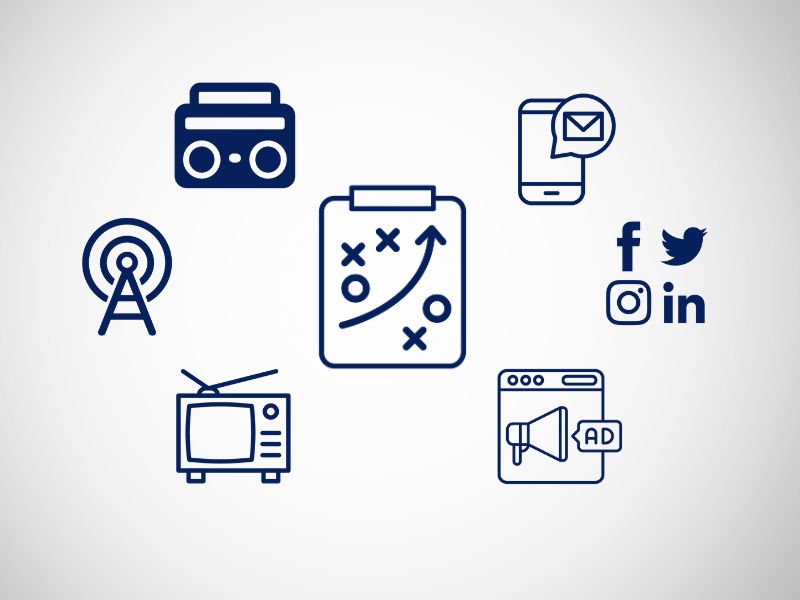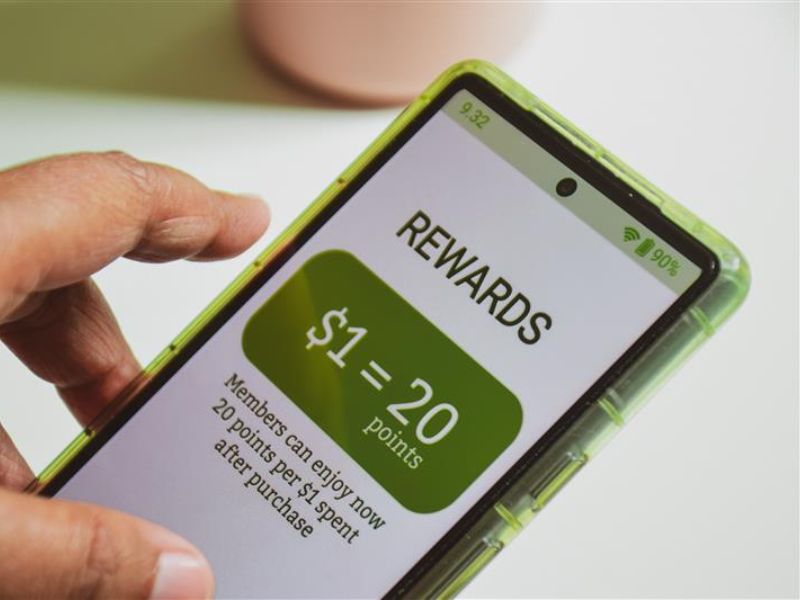.jpg)
Marketing Healthcare to Gen Z: Strategies and Insights

Gen Z, or Zoomers, are the teens and 20-something’s that have grown up in a digital-first world. As a mom of two Zoomers, I’ve had a front row seat to what makes them tick, their behaviors, and their priorities. For better or worse, their phone seems like an extension of their hand, and they have evolving opinions about the brands and businesses they engage with. As they come of age, their influence on various industries, including healthcare, is becoming increasingly significant.
To successfully market healthcare to Gen Z, it’s important to understand their values, top health concerns, and communication habits. Understanding these factors will help effectively reach and engage this dynamic generation.
What Are Gen Z’s Top Health Concerns?
Gen Zers are all about keeping it real. Gen Z, or Zoomers, value transparency, authenticity, and inclusivity. They also are highly aware of and concerned about their health, particularly mental health, as well as the health of the community and the environment.
Brands that get this and know how to connect with Gen Z will effectively reach this audience.
For example, Spotify’s "Take a Beat" campaign for World Mental Health Day effectively connected with Gen Z by focusing on mental health and wellness, a key concern for this generation. The campaign featured curated playlists with nature sounds and guided meditations, offering personalized and science-backed ways to reduce stress and anxiety. This campaign demonstrated Spotify's genuine commitment to their audience, fostering a sense of community and authentic engagement.

So, what are the main things that Gen Zers care about when it comes to healthcare?
Top Gen Z Healthcare Trends
- Mental Health: As demonstrated by the Spotify example, mental health is a top priority for Gen z. According to Forbes, 70% of Gen Zers say their mental health needs the most attention or improvement. Because Gen Z is more open to discussing their struggles and seeking help, it’s important for health care providers to communicate their commitment and support in this area. Marketing campaigns should highlight accessible mental health resources, destigmatize mental health issues, and promote wellness practices.
- Preventative Care: Emphasizing the importance of preventive care, such as regular check-ups and vaccinations, resonates well with Gen Z. They appreciate proactive approaches to health.
- Health Equity and Inclusivity: Gen Z values diversity and inclusivity. Healthcare providers should showcase their commitment to health equity, addressing disparities and promoting inclusive practices.
- Sustainability: Environmental concerns are paramount for Gen Z. Highlighting sustainable practices within healthcare, such as eco-friendly facilities and waste reduction initiatives, can attract their attention.
Just as important as understanding What topics and messages are most relevant to Gen Z, is understanding Where and How to reach them.
How Can Healthcare Providers Engage Gen Z Online?
Healthcare providers can engage Gen Z online by leveraging social media platforms, creating interactive content, personalizing communication, maintaining transparency and authenticity, optimizing for mobile, and actively participating in community engagement.
- Social Media Engagement: Gen Z spends a significant amount of time on social media platforms like Instagram, TikTok, and Snapchat. These platforms are ideal for sharing engaging, visually appealing content. While all these platforms are relevant to Gen Z, not all may be equally relevant for a specific brand or product. For a Healthcare brand, it’s important to identify the platform that is best suited for their brand message.
- Interactive Content: Gen Z prefers interactive and immersive experiences. Utilizing quizzes, polls, and interactive videos can make healthcare information more engaging. Virtual reality (VR) and augmented reality (AR) can also be used to create educational and immersive health experiences.
- Personalized Communication: Personalization is key. Tailoring messages to individual preferences and behaviors can make Gen Z feel valued and understood. Use data analytics to segment your audience and deliver personalized content through email, social media, and mobile apps. While personalizing communication to individual preferences and behaviors is key to making Gen Z feel valued and understood, it's crucial to ensure that all personal information is handled in compliance with HIPAA regulations to protect privacy and confidentiality.
- Transparency and Authenticity: Gen Z values honesty and transparency. Be open about your practices, policies, and the impact of your services. Share real stories from patients and healthcare professionals to build trust and credibility. Gen Z also values approachability and relatability.
- Mobile Optimization: Ensure that all digital content is mobile-friendly. Gen Z primarily accesses information through their smartphones, so a seamless mobile experience is essential. This includes having a responsive website, mobile apps, and easy-to-navigate online services.
- Community Engagement: Gen Z is socially conscious and values community involvement. Highlight your organization’s community outreach programs, volunteer efforts, and partnerships with local organizations. Showcasing your commitment to making a positive impact can resonate deeply with this generation.
Impactful Healthcare Marketing Strategies
Understanding and addressing their unique needs and concerns will not only attract Gen Z but also foster long-term loyalty and trust. At Brandience, we're experts in healthcare marketing and advertising, ready to help you create campaigns that really connect with your audience. Connect with us today to find out how we can take your healthcare marketing initiatives to the next level.




